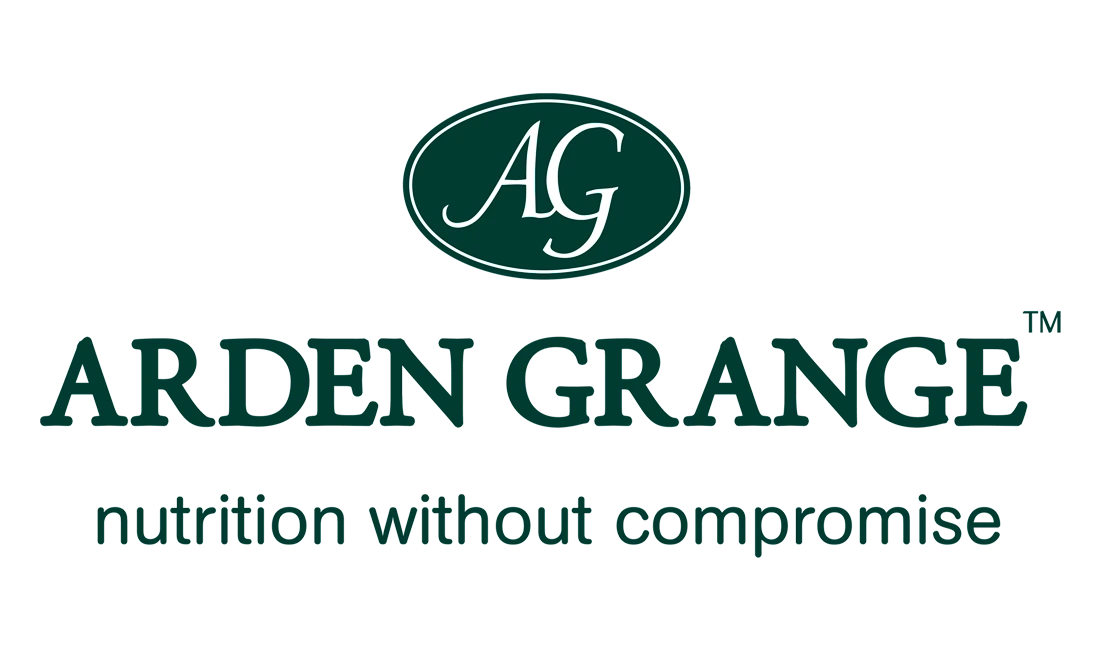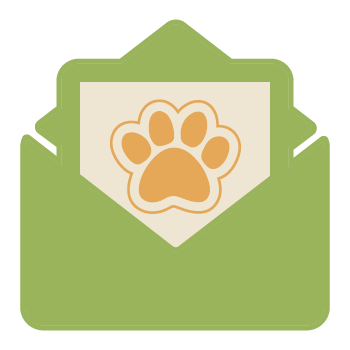Anal gland problems
The anal glands hold a pungent, oily liquid which lubricates the stools to ease their passage and also acts as a scent marker. They can become blocked if they are not emptying normally. This can lead to infection which may result in a nasty abscess.
- Loose stools - The stool needs to be well-formed to trigger the emptying mechanism.
- Environmental allergies - Allergies can cause intense itchiness. Scooting and excessive licking around the anus can cause an infection in that area.
- Dietary allergies / intolerance to certain foods or ingredients - As with environmental allergies, dietary allergies can also cause itchiness and infection in the anal region. Furthermore, adverse food reactions can also cause soft stools.
- Constipation - Passing very small, overly hard stools can also prevent natural emptying of the glands.
- Anatomy - Some animals are born with their glands not positioned optimally for natural emptying, and even when passing normally formed stools, they may still develop a problem. This is uncommon in cats, but some can have “over-active” anal glands.
- Being overweight - Insufficient muscle tone and extra fatty tissues can prove a hindrance to normal emptying of anal glands.
Consult your vet first and foremost. Impacted glands will need to be carefully emptied manually, or they may need to be flushed out under sedation or general anaesthetic. Infected areas will need cleansing, and antibiotics prescribed. The next step is to identify whether any of the problems listed above are likely to have caused or contributed to your pet’s condition and ensure that if so, appropriate treatment is given. Good nutritional management can be very beneficial.
A dog or cat with loose stools may need a low fat recovery diet. An animal with food allergies could benefit from a product with novel ingredients. Constipated cats and dogs may fare better on a wet food diet, or soaked dry food. Reducing the calorie intake, and increasing exercise, is important for overweight pets. We can help you to select a suitable diet dependent on the cause of the problem, but you must first seek advice from your vet. If you are planning on changing the diet, it is best to just try one thing at a time, otherwise it can prove difficult to tell what’s helping and what’s hindering. Look at the nutritional composition of any treats and extras too because in cases of allergies, diarrhoea and constipation (and obesity) the problem might not be with the main diet, but related to something fed as an extra.
Increasing fibre results in bulkier stools which may then be large enough to trigger the emptying mechanism. This can be helpful in dogs and cats who might have a natural need for more fibre than their diet currently contains, e.g. if the muscular waves of contraction which would normally move food efficiently through the digestive tract are not very strong, and those who have medical conditions causing the food to travel through the digestive tract too quickly.
We do not produce a high fibre diet as our products are formulated for animals with a “normal” requirement for this nutrient. High fibre diets generally result in a lot more faecal waste which most owners would prefer to avoid unless absolutely necessary. Fibrous foods can also cause more wind. If your dog or cat does need require more fibre, you can still feed our food but with a fibre supplement added to it. For dogs with a marginally higher need for fibre, our Sensitive Light / Senior (with 4%) could be a good option.
Protexin Profibre, which is available from most vets, is widely used and considered effective. An economical, gluten-free alternative is a teaspoon of very well cooked lentils or pumpkin (unsweetened canned pumpkin can also be used out of season) added to every 100g of food. We don’t recommend fibre-rich cereals for people as many include gluten, sugar or artificial sweeteners. Adding fruit or vegetables is an option, but it can be difficult getting the intake right.
Too much fibre can cause diarrhoea, constipation and flatulence. Again, do seek advice from your vet.
Surgical removal is usually only undertaken as a last resort if manual emptying and flushing the glands / antibiotic therapy has not proven effective. One possible side effect is faecal incontinence which can happen when damage to the nerves controlling the anal sphincters occurs in cases of deep, extensive infection. Recovery time is quite lengthy, but for some animals this is the only solution.
As a responsible and ethical company, Arden Grange fully appreciates the caution that must be taken when discussing the potential benefits of nutritional supplements. It is against the law to make medical claims. Whilst these ingredients are safe and natural, and may be beneficial to some of the cats and dogs fed on Arden Grange, we must highlight that their inclusion is not a substitute for veterinary intervention in the case of a sick animal.


 Puppy
Puppy
 Adult
Adult
 Senior
Senior
 Sensitive
Sensitive
 Treats
Treats Kitten
Kitten
 Adult
Adult
 Senior
Senior
 Trusted British Brand
Trusted British Brand

